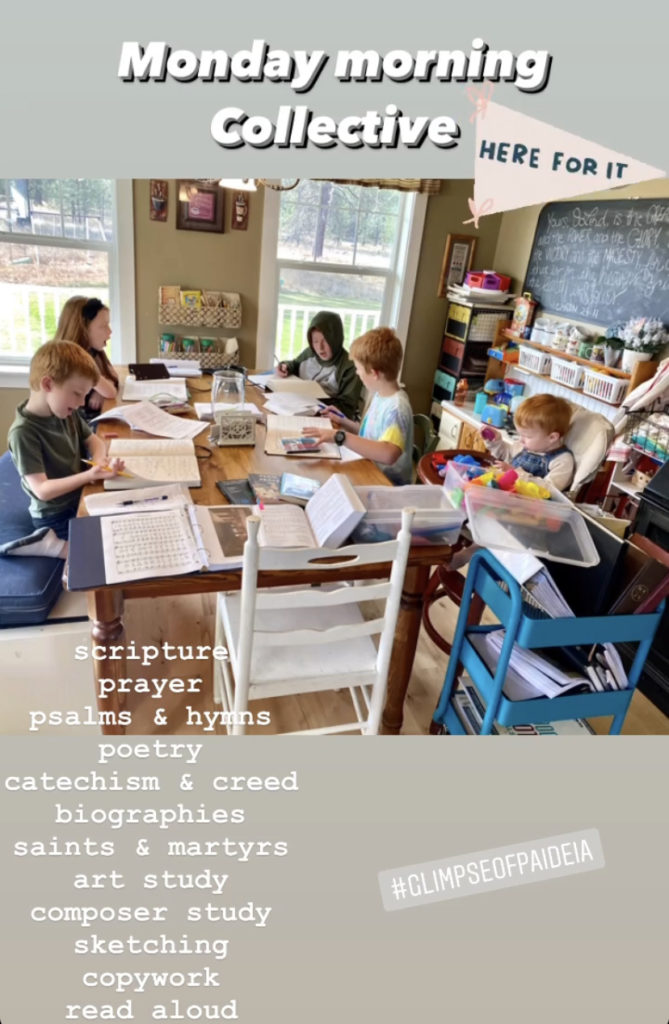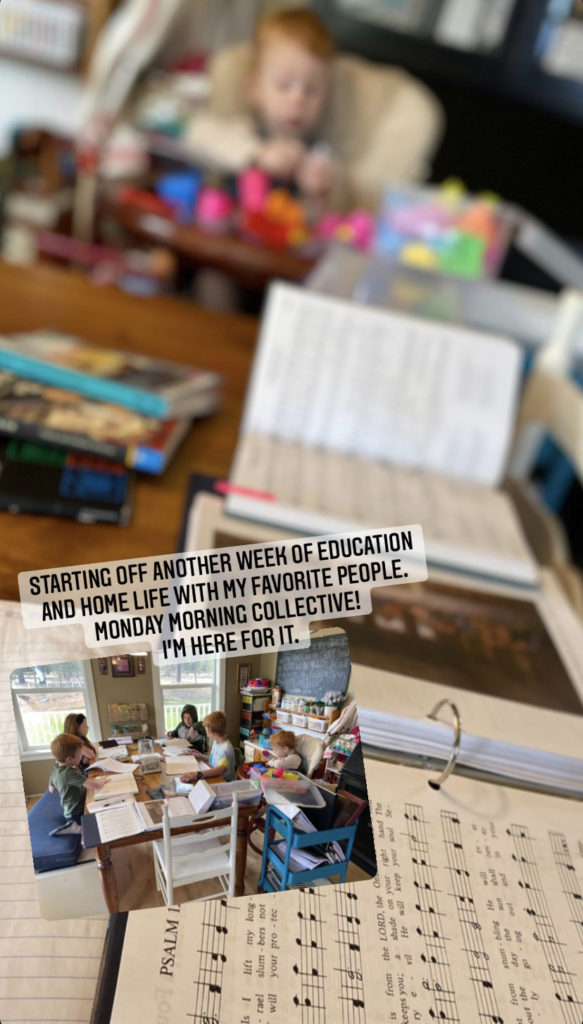Matthew 6:25-34
“Therefore I tell you, do not be anxious about your life, what you will eat or what you will drink, nor about your body, what you will put on. Is not life more than food, and the body more than clothing? Look at the birds of the air: they neither sow nor reap nor gather into barns, and yet your heavenly Father feeds them. Are you not of more value than they? And which of you by being anxious can add a single hour to his span of life? And why are you anxious about clothing? Consider the lilies of the field, how they grow: they neither toil nor spin, yet I tell you, even Solomon in all his glory was not arrayed like one of these. But if God so clothes the grass of the field, which today is alive and tomorrow is thrown into the oven, will he not much more clothe you, O you of little faith? Therefore do not be anxious, saying, ‘What shall we eat?’ or ‘What shall we drink?’ or ‘What shall we wear?’ For the Gentiles seek after all these things, and your heavenly Father knows that you need them all. But seek first the kingdom of God and His righteousness, and all these things will be added to you.
Therefore do not be anxious about tomorrow, for tomorrow will be anxious for itself. Sufficient for the day is its own trouble.”
My children and I enjoyed a quick jaunt into a store this week to purchase a few last-minute things as we prepare to embark on a new school year with a new co op and new friends. Gluesticks, construction paper, and some pants-without-holes. Who knew that little boys needed new pants once they’ve been handed down three or four times? 😉 This gave me a neat opportunity to chat with the kids again about why we dress the way we do.
Does it matter how we dress our bodies? Yes and no. I love how people use 1 Samuel 16:7 in conversations about clothing… when it’s not actually talking about clothing, but physical features.
“But the Lord said to Samuel, ‘Do not look on his appearance or on the height of his stature, because I have rejected him. For the Lord sees not as man sees: man looks on the outward appearance, but the Lord looks on the heart.'”
This verse is often taken out of context, but reading it in its actual context clarifies that it’s not about what we put on or don’t put on. It is talking about not judging a person for their physicality. The Lord knew that David was young, small, ruddy, handsome, and had notably beautiful eyes (1 Samuel 16:12). This was not going to be the stature of someone the people expected to be anointed to take the place of Saul.
So is it true that the Lord looks on the heart? Absolutely! Praise the Lord, and amen! He cares not about our size or our beauty or our raiment.
But if that verse isn’t really talking clothing, then is there someplace else in Scripture that DOES? Interestingly, clothing is actually mentioned a lot throughout the Bible! In fact, from Genesis 3 to Revelation 22, we see clothing playing a prominent role. Genesis basically jumps right into it by starting off with complete nakedness, God names it very good in its context of perfect creation yet untainted by sin, and then we quickly find leaves and animal skins being repurposed into coverings for humans after the fall. Historically, right back into biblical record, clothing told you something about the person it clothed: their status, their occupation, their gender. Even the color of their clothing may have an indication: just look at references to white and purple in the Bible.
Different clothing communicated different things: royal robes, sackcloth, leather belts, clothing of a prostitute. What they wore communicated something. And that fact has not changed with the passage of time. What WE wear also communicates something. Ought we to be anxious about that? Absolutely not. Jesus exhorts us NOT to be anxious about what we will ear or wear, because when we walk in faith and pursue wisdom, the Lord provides.
Luke 12:22-32
“And He said to His disciples, ‘Therefore I tell you, do not be anxious about your life, what you will eat, nor about your body, what you will put on. For life is more than food, and the body more than clothing. Consider the ravens: they neither sow nor reap, they have neither storehouse nor barn, and yet God feeds them. Of how much more value are you than the birds! And which of you by being anxious can add a single hour to his span of life? If then you are not able to do as small a thing as that, why are you anxious about the rest? Consider the lilies, how they grow: they neither toil nor spin, yet I tell you, even Solomon in all his glory was not arrayed like one of these. But if God so clothes the grass, which is alive in the field today, and tomorrow is thrown into the oven, how much more will He clothe you, O you of little faith! And do not seek what you are to eat and what you are to drink, nor be worried. For all the nations of the world seek after these things, and your Father knows that you need them. Instead, seek His kingdom, and these things will be added to you.”
There ARE, however, a few basic standards which we can see woven throughout Scripture, and which ought to continue to be guiding us in clothing choices with wisdom. Dressing according to your gender (Deuteronomy 22:5), recognizing clothing as a basic need (1 Timothy 6:8), pursuit of modesty (1 Timothy 2:9-10), not judging/condemning based on attire (James 2:1-9) are some basic underpinnings that we can infer from Scripture without legalism but with freedom.
I confess that I do not ask myself these questions upon waking before I pull on my clothes each day, but I do think they are worthy of consideration more than just occasionally:
What am I trying to say or accomplish by how I dress and what I wear? Does my clothing illustrate my surrender to the Lord? Does my clothing represent my belief that Christ is Lord of all? Does my clothing enable me to profess honor and reverence to God and humility toward man? Am I practicing modesty and discretion? Do I dress with dignity and strength? Do my clothing choices agree with what God declares about my gender? Is my heart content and cultivating godliness? Are my clothing choices consistent with the transformed thinking that ought to accompany my transformed soul?
Another thing, which is perhaps less easy to cite by chapter & verse, is how clothing throughout Scripture helps us see the occupation of the person. And this is a practice which has continued through the centuries, even today. In a hospital, you can tell who are the medical workers and who are the patients or visitors. It is easy to discern the difference between military personnel and civilians. In historical practice, it has been easy to tell who the pastor/priest/leaders are in a church because of their particular raiment.
Peter Leithart says, “clothing is a sign of a position in the world, a position in society.” He argues that even in our casual, glib era of modernity we do still believe in uniforms. “If someone knocks on your door claiming to be a cop, we expect them to be wearing a police uniform. If a judge shows up in jeans and flipflops and begins to preside, we think somebody else has taken over.” I agree with his logic about the appropriate nature of uniforms for certain offices. You would not work in the garden wearing formal garments, you would not wear a swimsuit to a wedding, you would not wear pajamas to a job interview. Different clothing ought to be designated to different offices. Different vocations require different uniforms.
What about the office of education, then? What about the vocation of a student? How ought my kids to dress to reflect their status as students, as children, as Christians? What clothing choices might best reflect our conviction to bring them up in the paideia of the Lord?
There is an essay by Douglas Wilson (listen to him read it aloud to you here, or snippets can be found here) about school clothes which I find very winsome and provocative in the best of ways. I commend it to you, not only for these following quotes:
“Of course, we should dress for comfort, but the biblical view is that we should also dress of the comfort of others. Today our natural tendency is to dress to suit ourselves. In another era, students would dress to make themselves presentable. Now students want to dress to make themselves at ease. The former generations thought of others; we now insist on putting ourselves first.”
“The Christian approach is incarnational and insists on discipling the whole person. Everything is to be brought into submission to the Lord Jesus Christ, and every thought is to be made captive, every collar obedient, and every pair of slacks honoring to Him (2 Cor. 10:4-5).”
“The triad we want to urge in classical Christian education is truth, goodness, and beauty. When it comes to aesthetic issues, the Christian world is horribly compromised. One of the tasks of the Christian school is to help bring us out of this aesthetic relativism by teaching students to love that which is lovely – in music, in painting, in poetry, in drama, and in dress. Whatever is lovely, Paul says, think on this.”
“Left to themselves, the students will establish their own informal dress code. This is another inescapable concept: It is not whether there will be cultural enforcement of dress standards, but which standards will be applied and by whom.”
“Young people today are desperately trying to vandalize the image of God that they carry about, despite themselves, in their bodies.”
“The wearing of clothing that does not fit, does not flatter, and does not proclaim the lordship of Christ is commonplace, and unbelievers will frankly acknowledge that this is the statement they are trying to make through their appearance. They are trying to proclaim the autonomy of self, and while they are at it, they are declaring how miserable such autonomous selves are.”
“Imitators of the world’s culture from within the church know everything about the world’s culture – except what it means.”
“This desire to fit in or to be thought cool is not a new phenomenon. The Bible calls it worldliness (1 John 2:12-17). All this is bad enough as a phenomenon within the broader Christian world. But for the board, administrators, and teachers of a Christian school, to be culturally clueless is disaster.”
I just love that last fragment: to be culturally clueless is disaster.
So how do we pursue enlightenment regarding our culture? How do we discern between worldly culture and godly culture when it comes to clothing? How ought we adorn our bodies in a home (or church or school or co op) where we actively proclaim the lordship of Christ and pursue His paideia?
This is a conversation I am eager to share with others. To banter and dialogue. To sharpen one another. I don’t have the answers. But I am seeking to grow in wisdom and grace and loveliness. I long to be more like Christ. May I know what garments to don, and when to set them aside to wash the feet of the people I serve. May I consider the lilies.


